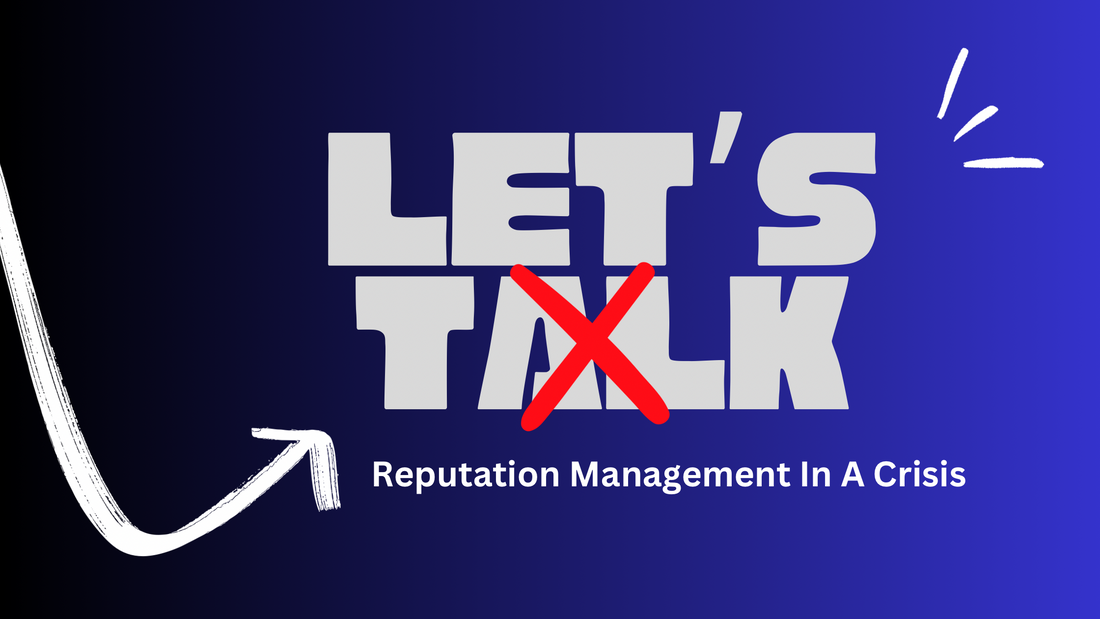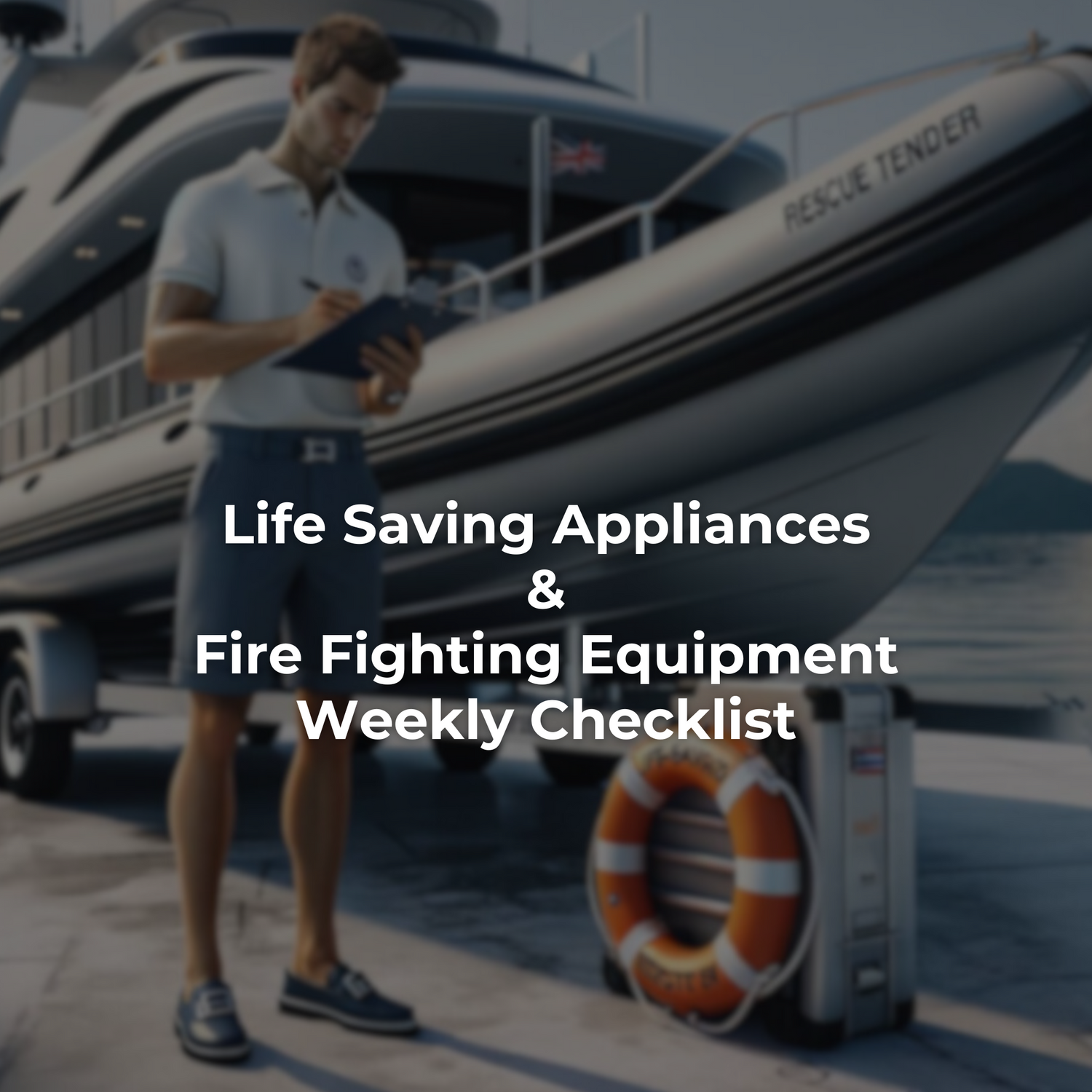As a follow-up to our previous blog on Reputation Management in Yachting, this Q&A with Daniel Taylor, of Taylor Hampton Solicitors, delves deeper into crisis management for yacht crew. In Part 2, we explore how to handle media scrutiny, legal considerations, and the importance of proactive measures to safeguard your professional image. This essential advice is crucial for maintaining your reputation in challenging situations.
Q & A With Our Faceless Crew and Daniel Taylor of Taylor Hampton
Q: What proactive steps can yacht management companies take to ensure their crews are well-prepared for unforeseen incidents that could impact their reputation?
Ensure proper confidentiality agreements are in place with all crew members, so that there is only one conduit for information and that is tightly controlled and monitored with lawyers having vetted what is released. It is essential to control the situation and that crew members are reminded individually not to speak to the press or speculate.
It is vital when a crisis occurs that a meeting is convened with the crew reminding them of their confidentiality obligations and that no one should speak to the press without written permission.
The meeting should explain what constitutes libel or slander and what is private and non-private information. It is also vital to establish the chain of command and confirm who any spokespeople will be.
There should already be sound communication protocols in place with crews because a coordinated rapid response is essential.
Media aspects of crisis management should be incorporated into the Standard Operating Procedures (SOPs) of the vessel with emergency numbers clearly marked.
Q: How can yacht crews and management companies effectively communicate with the public and media during a crisis to protect their reputations?
A: When a situation arises, you need to be prepared in advance. Therefore, you should have contact details prepared of a suitable PR firm and defamation/privacy law firm in the crisis management “tool kit” – this means having a sound relationship in place before any incident occurs. If you establish the relationship in advance, it will mean that you will be able to respond quickly to any given situation – that is half the battle.
Nominate in advance who the spokesperson will be. Will it be...
- The Captain?
- Yacht Management company?
- The Family Office?
- The PR Executive for the management company?
The crew should have been briefed in their onboarding and training not to respond to press questions but to leave this to the appropriate representative.
Q: What are some key legal considerations yacht owners and management companies should be aware of to prevent incidents that could lead to legal trouble and reputational damage?
A: Libel occurs when information is published which causes serious harm to the reputation of an individual or an entity. There are defences available to journalists including truth and honest opinion. As we all know, bad press spreads rapidly. Keeping the situation under control is vital.
By contrast private information has to have that quality of confidence that the law will protect. The truth or falsity of the material is not the issue. It is whether it should be protected as private information.
Be aware of hacking. You may think that a member of your team has leaked information, but this may not be the case – you may have been hacked. Secure systems are vital to protect confidential information.
Q: Can you provide examples of training or workshops that have proven effective in helping yacht crews manage and mitigate reputational risks?
A: Preparation is key. London Law firm media specialist Taylor Hampton can offer a ‘Yacht Crew Surgery’ for yacht management companies that it works with. If you wish to know more about this, please contact Our Faceless Crew or Taylor Hampton directly.
Q: Daniel, what role can guest speakers and experts, such as yourself, play in educating yacht crews and management about reputation management and legal responsibilities? How often should these sessions be conducted?
Yacht shows and conferences are good places to share knowledge about situations that can arise, how to avoid them and how to manage them when they do arise.
On behalf of Taylor Hampton, I have spoken at seminars, including the Monaco Yacht Show amongst others.
It is probably wise to have a review session every year with your yacht's manager so new staff, crew and management are updated on the latest developments in defamation law, phone hacking and privacy law.
As the yachting industry continues to navigate complex media landscapes, being prepared for crisis management is more crucial than ever. Daniel Taylor's insights provide valuable guidance on protecting your reputation in challenging situations.
To read Part 1 of this series click HERE.
For more detailed advice on controlling the spread of negative news, including urgent injunctions, visit Taylor Hampton's guide.
If you or your yacht want to be proactive or need assistance, don't hesitate to contact Taylor Hampton for expert support.
Safeguard your reputation before it's too late




